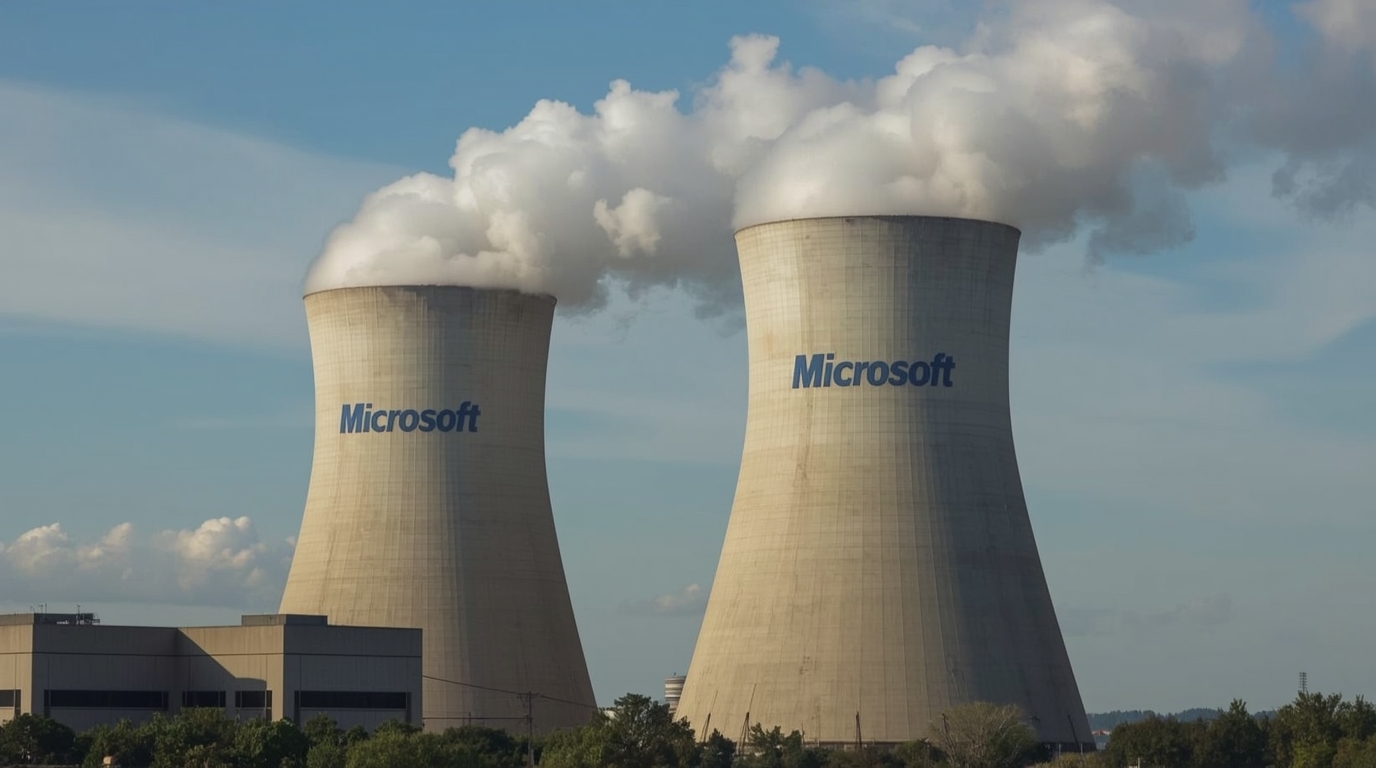
Microsoft Corporation, according to Datacenter Dynamics, has joined the World Nuclear Association (WNA), an international nonprofit organization based in London that promotes nuclear energy.
The World Nuclear Association was founded in 2001. Its main activities aresupporting advanced nuclear technologies, such as small modular reactors, simplifying licensing procedures, and strengthening global nuclear energy supply chains.
The WNA website states that today the association includes companies and organizations based in 44 countries worldwide. These include, in particular, large companies in the nuclear engineering, construction, and waste management sectors, as well as research and development institutions. WNA members include Accenture, CEZ, Constellation Energy, EDF, GE Vernova, Iberdrola, Oklo, PG&E, and many others.
“Microsoft’s membership in the association represents a breakthrough for the industry. Its participation will accelerate the deployment of nuclear energy at the scale needed both to meet climate goals and to meet the growing energy demands of data centers,” said Dr. Sama Bilbao y León, CEO of WNA.
Microsoft’s Energy Technology division will reportedly collaborate directly with WNA technical working groups to accelerate nuclear adoption, streamline regulatory processes, and develop new business models. The ultimate goal is to scale nuclear energy to meet the growing needs of the digital economy, including in the data center segment.
Microsoft is developing several projects in the field of nuclear energy. Previously, it was reported that the Redmond company is forming a team to work on small nuclear reactors to power data centers.
In addition, Microsoft has signed a 20-year contract with the largest nuclear power plant operator in the United States, Constellation Energy, to supply electricity to be produced at the Three Mile Island site in Pennsylvania. At the same time, Microsoft hopes that AI will accelerate the development of low-cost commercial fusion reactors capable of powering large data centers.
Follow us on Google News to receive daily updates on cybersecurity. Contact us if you would like to report news, insights or content for publication.
